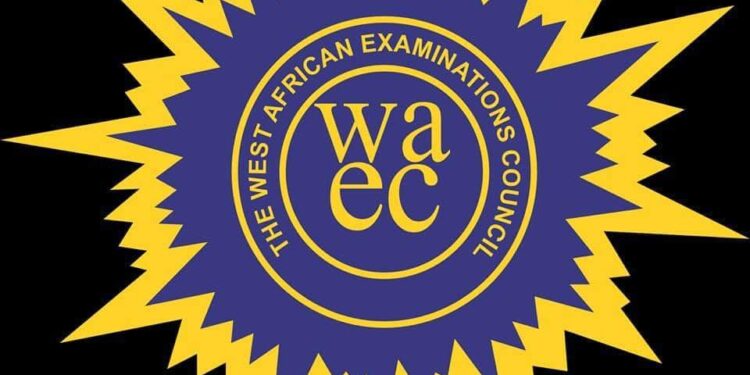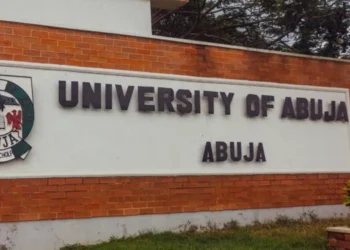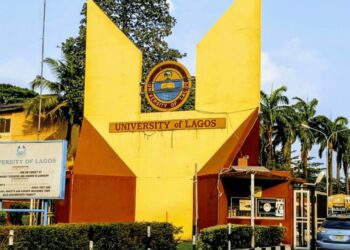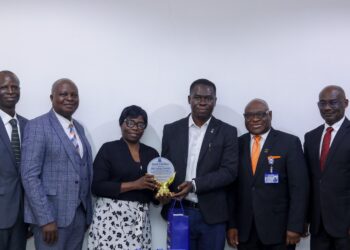Education stakeholders are demanding a full-scale probe into the West African Examinations Council (WAEC) following a major scoring error that drastically altered the results of the 2025 West African Senior School Certificate Examination (WASSCE).
Teachers, parents, and students, speaking separately to the News Agency of Nigeria (NAN) in Abuja, said the incident had severely dented confidence in Nigeria’s examination system and called for a shake-up in WAEC’s management.
When results were first released, WAEC reported that only 38.32 per cent of the 1,969,313 candidates who sat the exam — across 23,554 schools — achieved five credits including English and mathematics. Public outrage followed the apparent mass failure.
Days later, WAEC admitted to a scoring error affecting its “serialised papers” in English, describing it as a new innovation gone wrong. After recalculation, the pass rate jumped to 62.96 per cent, meaning an additional 485,339 candidates had met the benchmark.
The correction drew parallels with a similar technical glitch earlier in the year which affected nearly 380,000 candidates in the Joint Admissions and Matriculation Board (JAMB) exams.
Critics say the pattern is eroding the credibility of Nigeria’s most important school-leaving qualification.
“You cannot make such a serious examination a subject of trial and error,” said Ike Onyechere, founder of the Exam Ethics Marshall International. “Today the pass rate is 38 per cent, tomorrow it becomes 63 per cent. How are we supposed to trust the authenticity of these results?”
He called on the education ministry, the presidency, and the national assembly to investigate and reshuffle WAEC’s leadership, questioning whether the problem was unique to Nigeria or present in other West African countries.
Parents and teachers also voiced anger, pointing to deeper systemic failings — from poor exam conditions, including tests conducted at night by torchlight, to chronic underfunding of schools and low teacher morale.
Several candidates confirmed that their grades in core subjects had been upgraded — in some cases from D7 to credit passes — enabling them to pursue university admission.
While many welcomed the improved results, stakeholders insist the episode has left a lasting question mark over WAEC’s reliability.
“This is not a joke,” Onyechere warned. “We are gambling with the future of these students. If people can no longer trust these results, the consequences will be far-reaching.”



















































































 EduTimes Africa, a product of Education Times Africa, is a magazine publication that aims to lend its support to close the yawning gap in Africa's educational development.
EduTimes Africa, a product of Education Times Africa, is a magazine publication that aims to lend its support to close the yawning gap in Africa's educational development.